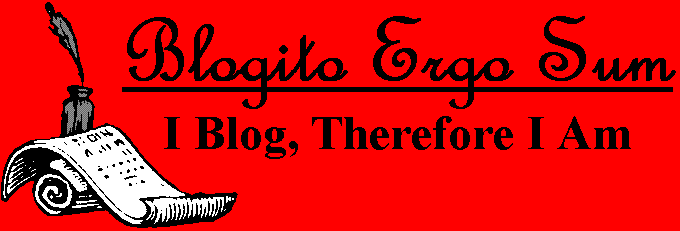![Dodge City [Kans.] Peace Commissioners. L to R: Chas. Bassett, W. H. Harris, Wyatt Earp, Luke Short, L. McLean, Bat Masterson, Neal Brown](http://i61.photobucket.com/albums/h77/keystar_2006/Photobucket%20Desktop%20-%20OWNER-PC/Blog/dc68.jpg)
Title: Dodge City [Kans.] Peace Commissioners. L to R: Chas. Bassett, W. H. Harris, Wyatt Earp, Luke Short, L. McLean, Bat Masterson, Neal Brown | Date: cCirca 1890 | Photographer: Unknown | This work is in the public domain in the United States because it is a work prepared by an officer or employee of the United States Government as part of that person’s official duties under the terms of Title 17, Chapter 1, Section 105 of the US Code.
Every winter I seem to acquire a hankerin’ for westerns. Watching rough and tumble men; drink strong coffee over an open fire, ride across miles of picturesque plains, and mozy up to the bar for a shot of whiskey and a cigar; somehow provides me with a cozy down home feeling I simply don’t get from other genres.
While I agree with Moore’s overall sentiment, I must disagree with him on one key point. Westerns aren’t about history. Westerns are about mythology. These heroic tales don’t depict where we came from as much as they depict where we wish we had come from.
Occasionally, a western will depict the tragic plight of Native Americans, and strive to accurately paint the picture of near genocidal conditions. However, typical westerns generally depict “Indians” as a force to be overcome, like weather or mountain lions, as Americans struggle to tame the west and realize their manifest destiny.
Although this skewing of the history of attempted ethnic cleansing bares undeniably racist overtones, westerns also convey messages of community, loyalty, justice, faith, camaraderie.
- When the local bank was robbed, men dropped what they were doing and joined the posse.
- When a neighbor’s barn burned, town folk spent the next Saturday building a new one with no thought of pay.
- If a crime was committed, the varmint would be brought to justice by the incorruptible law man.
- Everyone went to “Sunday meeting,” or at least respected the institution.
- There was always a poker game a fellah could join, after a hard day tending cattle on the north 40.
These fictionalized figures of yester year entertain us by representing the noblest parts of our past in straightforward morality tales. Although the historical slants may be iffy, at best, the senses of romance and escapism, delivered by these stories, are valuable in their own right.
-

